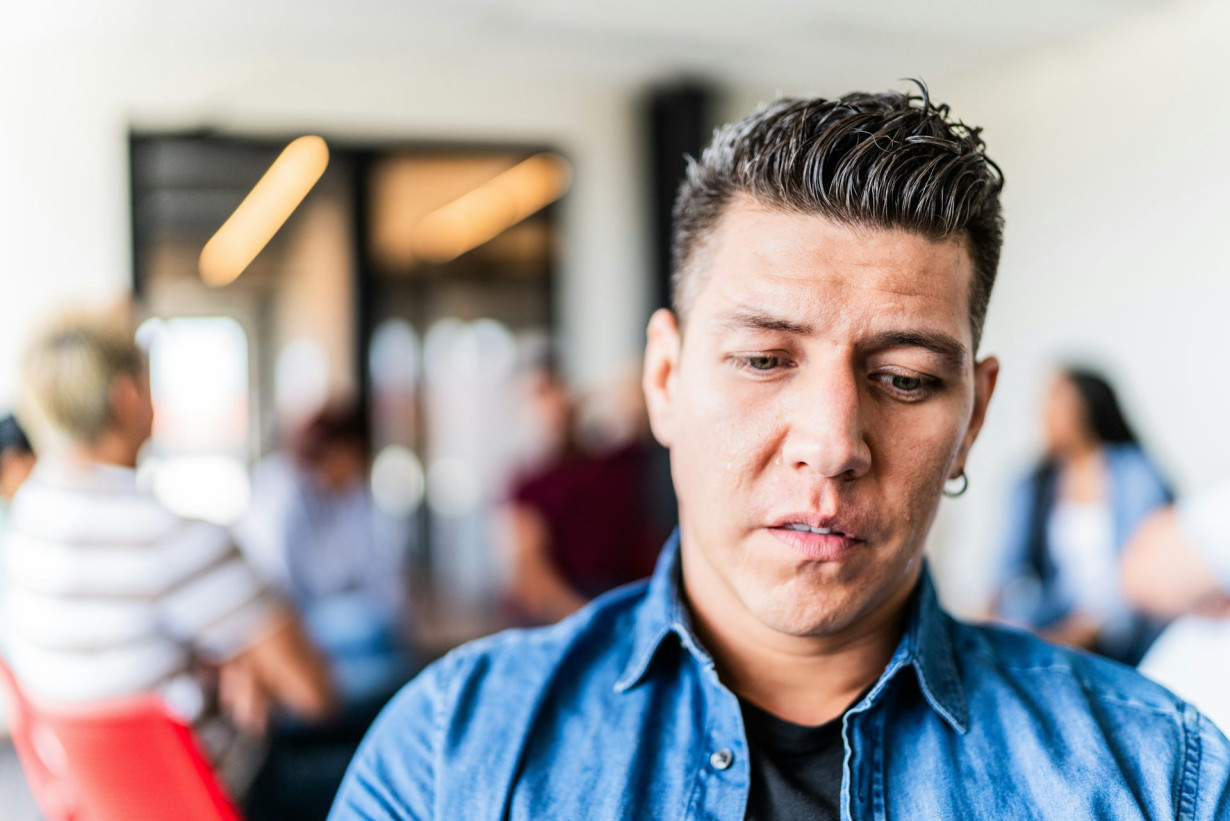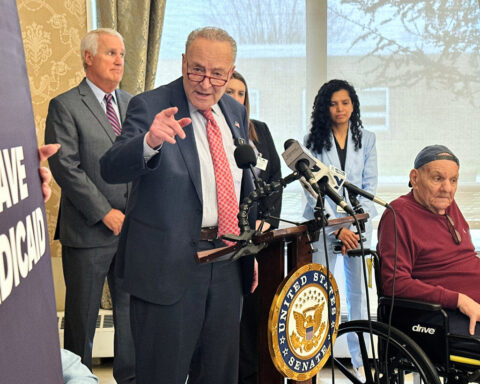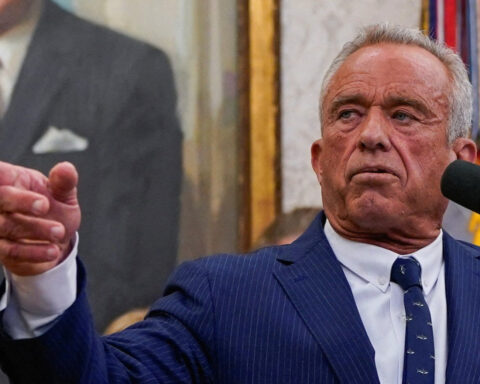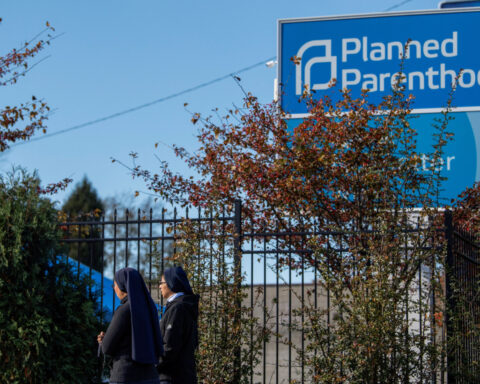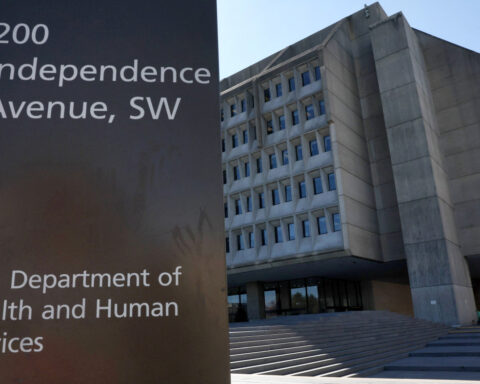People who most frequently encounter everyday discrimination – those subtle snubs and slights of everyday life – are more likely to suffer from anxiety and depression.
What’s more, that finding remains true no matter the person’s race, gender, age, education, income, weight, language, immigration status or where they live.
These are the key takeaways from our recent study, published in JAMA Network Open.
Everyday discrimination refers to the routine ways people are treated unfairly because of characteristics such as skin color, perceived background or general appearance.
Generally, it means disrespectful treatment: waiting longer than others for help at a store, having your ideas dismissed without consideration at work, or hearing rude comments about your identity.
Although marginalized groups endure everyday discrimination most often, our study indicates that this is a widespread issue affecting people of all races and backgrounds.
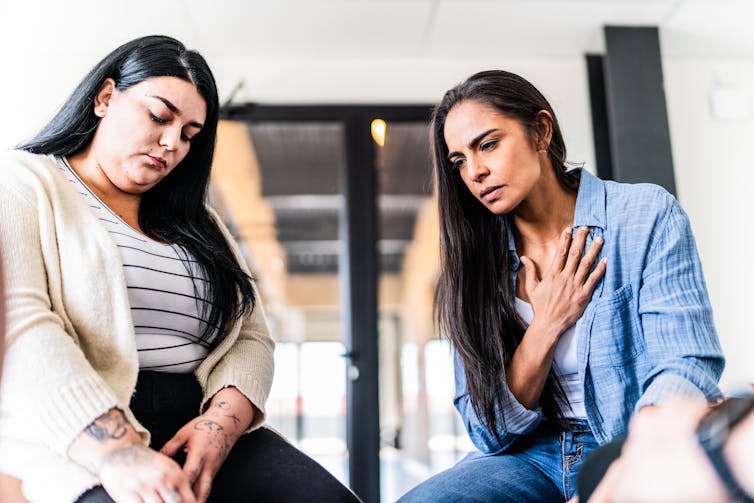
Everyday discrimination can affect both physical and mental health.
I’m a professor who specializes in community health. My team and I analyzed data from the 2023 National Health Interview Survey, which included a weighted sample of nearly 30,000 U.S. adults, adjusted to accurately reflect more than 258 million people – approximately 75% of the country.
Along with reporting frequency of everyday discrimination, participants completed clinical screenings for depression and anxiety.
The results were striking: Nearly 56% of participants experienced at least occasional everyday discrimination, with 3.6% having “high levels,” meaning they faced discrimination most frequently – at least monthly and often weekly.
High levels were most prevalent among Black adults, at 8.6%. Multiracial respondents were next with 6.4%. Hispanics and white participants were at about 3%, Asians just over 2%.
Women and immigrants, people with disabilities and those who are overweight, obese or struggling with food insecurity also reported higher levels.
When compared with those reporting no discrimination, participants with high levels had five times the odds of screening positive for either depression or anxiety, and nearly nine times the odds of screening positive for both.
As discrimination increased, the increase in screening positive for depression, anxiety or both varied by race, with a more noticeable rise among groups that are often overlooked in these discussions – white, Asian and multiracial adults.
This doesn’t mean discrimination is less harmful for Black, Hispanic/Latino or other racial and ethnic groups. One possible reason for our study’s findings may be that groups that have long endured structural discrimination may have developed more ways over time to cope with it.
Why it matters
At some point, all of us experience unfair treatment due to our personal traits. But this type of discrimination isn’t just unpleasant. Our study shows it has real consequences for health.
Along with depression and anxiety, discrimination creates chronic stress, leading to increased risk for hypertension, heart disease, impaired brain functioning, accelerated aging and premature death.
For some, everyday discrimination may emerge at different times in life. This can happen to people as they get older or when they become ill.
But for others, it is a constant. This includes people living in marginalized communities, people of color, those socioeconomically disadvantaged or with disabilities, or those who identify as LGBTQ+.
Ageism is one of many forms of everyday discrimination.
What other research is being done
Multiracial people are uniquely challenged because they navigate multiple racial identities. This often leads to feelings of isolation, which increases mental health risks.
White adults, though less frequently exposed to racial discrimination, still face mistreatment, particularly if they have lower incomes, limited education or working-class backgrounds. In recent years, white people have perceived rising levels of discrimination against their own group.
People of Asian descent are vulnerable to societal pressures and harmful stereotypes, which spiked during the COVID-19 pandemic.
When factors are combined – for example, adding financial insecurity or immigration status to racism – compounded health challenges arise.
What’s next
Understanding how discrimination affects health for all can lead to policies and programs targeting root causes of mental health disparities and the rising rates of depression and anxiety.
Discrimination isn’t just a Black versus white issue. It’s a public health crisis affecting all Americans. Acknowledging its harmful health effects is a first step.
The Research Brief is a short take on interesting academic work.

Monica Wang receives funding from the National Institutes of Health.
Source: The Conversation

 Trump has begun another trade war. Here's a timeline of how we got here
Trump has begun another trade war. Here's a timeline of how we got here
 Canada's leader laments lost friendship with US in town that sheltered stranded Americans after 9/11
Canada's leader laments lost friendship with US in town that sheltered stranded Americans after 9/11
 Chinese EV giant BYD's fourth-quarter profit leaps 73%
Chinese EV giant BYD's fourth-quarter profit leaps 73%
 You're an American in another land? Prepare to talk about the why and how of Trump 2.0
You're an American in another land? Prepare to talk about the why and how of Trump 2.0
 Chalk talk: Star power, top teams and No. 5 seeds headline the women's March Madness Sweet 16
Chalk talk: Star power, top teams and No. 5 seeds headline the women's March Madness Sweet 16
 Purdue returns to Sweet 16 with 76-62 win over McNeese in March Madness
Purdue returns to Sweet 16 with 76-62 win over McNeese in March Madness
